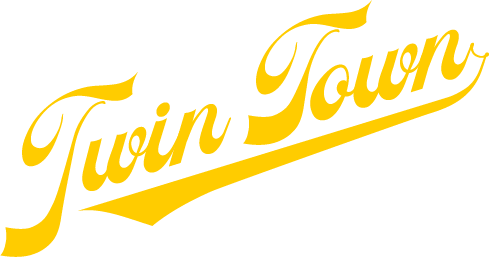Why Napping is a Superpower (and how to get better ZZZ's)
Naps? Aren’t those for babies and grandpas?
As a gym, we spend a lot of time talking about the benefits of exercise. And if you’ve been around for a while, you’ve likely heard us talk about the amazing advantages of cleaning up how you eat. But the importance of sleep doesn’t always get the attention it deserves. As neuroscientist Mathew Walker writes in Why We Sleep:
“A balanced diet and exercise are of vital importance, yes. But we now see sleep as the preeminent force in this health trinity.”
As powerful a statement as that is, getting good rest is easier said than done. We’re too hot or too cold, the kids are yelling for Mom or Dad at 2am, or tomorrow’s to-do list just won’t let our minds turn off. Ugh!
While there’s no replacement for a full night of sound sleep, I do believe that the power of a midday nap for both our minds and our bodies can’t be underestimated. However, many nap skeptics give me similar reasons for not partaking in what I consider a valuable tool. Here’s why you should reconsider the nap.
“I don’t have time to nap.”
This is the most common. First, accountability time! Let’s be honest about where the hours in your day are really going. If you’re constantly working all day and actually have zero free time, then that is what it is. But for many of us, we eat up a lot of time with “tasks” and scrolling that are actually doing more harm to our productivity than good. Great news: getting in a productive nap takes less time than you’d guess. From head-on-the-pillow to the alarm going off doesn’t require more than just 20 minutes (and many people find even less time than that beneficial as a quick reset). Naps are meant to be a supplement to your actual nighttime sleep, not a replacement for it; so keep them short!
“I can’t fall asleep.”
Actually falling asleep is easier said than done, for sure, but controlling what we can is what will lead to the best outcomes. Start by getting into a dark room or using a sleep mask (here’s the one I like), or both! Set your phone to “do not disturb” so you can use the alarm (yes, it will still work) but don’t get any unwanted alerts. Get comfy, but not “bedtime” comfy. We want to be relaxed enough to snooze without convincing our bodies that we’re settling in for the night. Making sure you’re not too comfortable when napping will also help you get up when it’s time to. Speaking of which…
“Naps make me more tired.”
The solution here is simple, not easy—at least at first. The trick to punctuating your naps without feeling foggy-headed after is to get up right when you’re done. Don’t look at your phone, don't snooze, and don’t taunt yourself with how good another few minutes would feel. As difficult as getting moving again may feel, I promise that you’ll be happy you did after even just a few minutes on your feet. It’s sleeping too long that tells our body we’re shutting down for the night and puts us in the dreaded post-sleep fog when we wake up. When that alarm goes off, get up!
Naps are beneficial, even if you don’t sleep.
While laying down and immediately hitting dreamland is certainly ideal, given the go-go-go nature of many of our lives, that’s not always a realistic expectation. Instead, reframe the intent. Rather than viewing the only beneficial outcome of a nap as one where we quickly and easily drift off into slumber, set the bar a little lower and let the expectation be that you’re going to enjoy 20 minutes of quiet away from the craziness of life, screens, and any obligations. In short, it’s ok—and beneficial—even if you don’t actually sleep!
And just like anything, being patient and not expecting immediate change is important. If you try to get in a few naps per week and struggle initially, stick with it! No matter what we try, our bodies need time to adjust to changes.
As it should, working hard comes with pride. But balance in our endeavors is just as important as churning through life’s difficult tasks. The next time you’re in need of some added rest in the middle of a busy day, try not reaching for that extra cup of coffee and giving these tricks a shot. I hope they help you make better use of your precious restful minutes!
P.S. If you’re looking to improve your sleep, check out our health coaching program. It’s a simple and effective way to meet your wellness goals. Accountability works! Learn more here.

